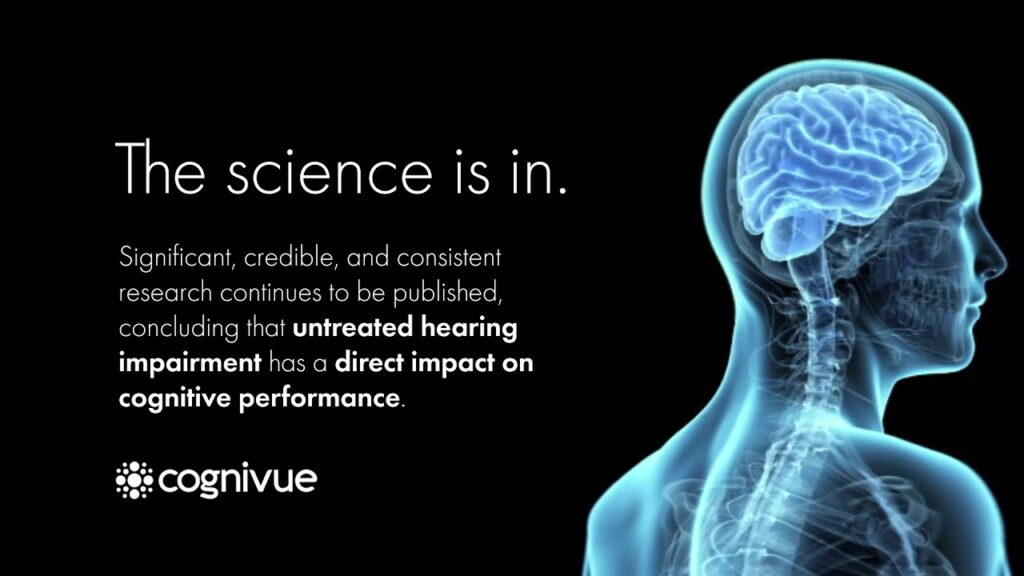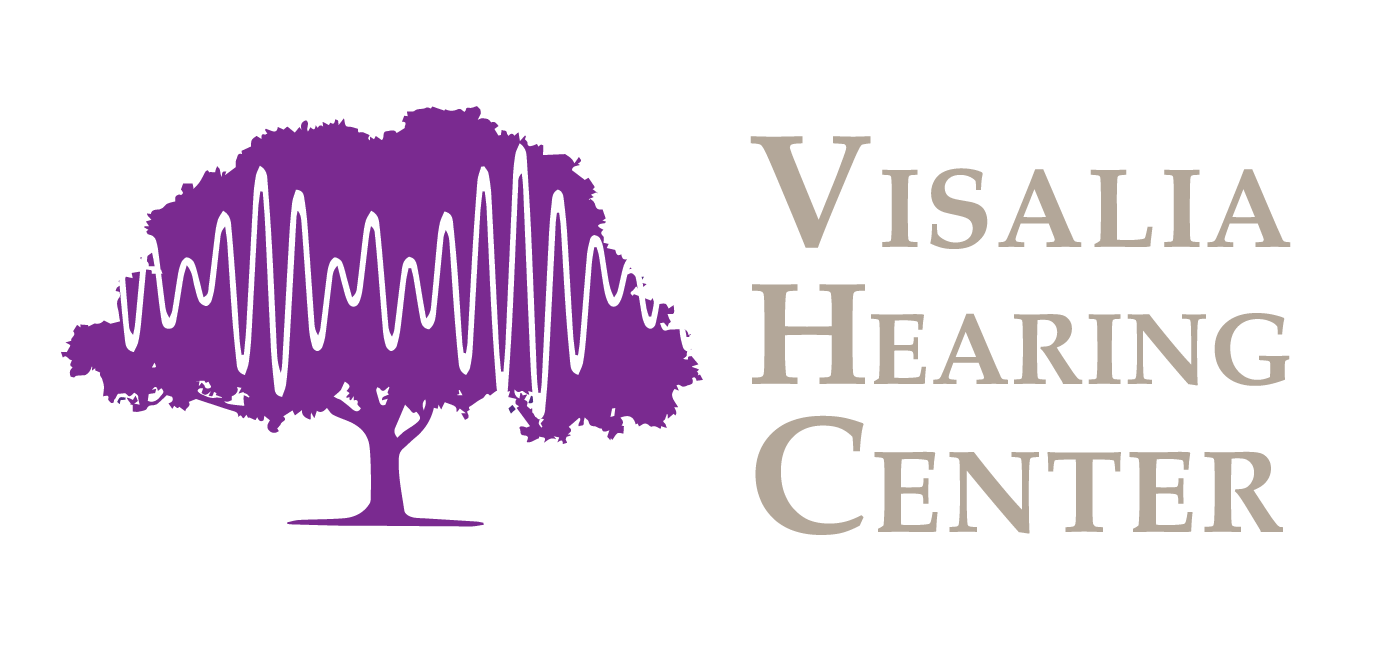
The Ear-Brain Connection
The connection between our auditory abilities and cognitive function is remarkable.
When healthy, our ears are constantly stimulating our brains with information which
forces our brains to continually make decisions about what’s happening in our
surroundings. Think of normal hearing as the baseline level of “exercise” your brain
needs. When hearing loss occurs though, our ears begin to send less & less
stimulation to our brain which means our brain begins to do less and less work. Or
more simply put, our brains begin to get used less. Having our brains get used less is
not good as we all know the old adage, “ If you don’t use it, you lose it.”
Cognitive Decline: An Unwanted Side-Effect of Hearing Loss
Research has repeatedly highlighted the profound correlation between untreated
hearing loss and cognitive decline. This phenomenon is not merely a theory but a
documented fact backed by decades of research. In fact, in a recent Johns Hopkins
University study, individuals with untreated hearing loss severe enough to hinder
conversational level speech were found to be much more likely to experience cognitive
impairment.
According to another study published in PLOS ONE, even minor hearing loss can cause
the part of our brain responsible for auditory processing to shift focus to visual
processing. When the brain’s regions typically used for auditory tasks are not engaged,
they can atrophy, leading to a subsequent decline in cognitive abilities. The silver lining?
Appropriate prescriptive hearing treatment plans can significantly bolster an individual &
brain processing and memory.

The Role of a Doctor of Audiology in Preserving Hearing and Brain Health
Being aware of the relationship between untreated hearing loss and cognitive decline, forward thinking Doctors of Audiology prioritize regular cognitive skills screenings as a component of an effective treatment plan for hearing loss. This practice enables the early detection of any signs of cognitive decline, allowing for timely adjustments to the patients hearing treatment plan to cater to all aspects of their brain health.

What Does a Cognitive Skills Screening Entail?
A cognitive skills screening is an objective, computer-based assessment that gauges a
persons cognitive function abilities. It has been approved by the FDA, is protected by
17 patents and is highly regarded within the medical community. This test examines
multiple areas of the brain including the following:
Memory: Ability to have information encoded, stored, and retrieved
when needed.
Visuospatial: ability to process and interpret visual information.
Executive Function: Ability to concentrate and/or problem solve.
Reaction Time: Ability to react to situations as they occur.
Processing Speed: Ability to process a task or situation quickly.

The Cognivue Screening Tool
A commonly used tool in the industry for cognitive screening is the Cognivue Thrive. It’s an FDA-cleared cognitive function screener primarily utilized by Doctors of Audiology. The Cognivue Thrive screener is highly efficient, taking less than fifteen minutes to complete. Additionally, the Cognivue Thrive assessment is easy to administer and complete. It begins with watching an introductory video, followed by two calibration measures. The core evaluation lasts ten minutes, with responses recorded by turning a
wheel to select the picture that best answers each question.
Its important to note that the Cognivue Thrive test is a screening tool rather than a
diagnostic examination. Once completed, the Doctor of Audiology can review the results with the patient and suggest any necessary modifications to their current hearing plan.
Necessity of Screening for Cognitive Impairment
Regular screening for cognitive impairment enables Doctors of Audiology to offer the
best possible hearing treatment plans, addressing all of the patients hearing health
needs. If the assessment indicates any cognitive decline, the audiologist can refer the
patient to the appropriate medical professional for further examination and potential
treatment. One of the significant advantages of regular cognitive screening is early
detection as early detection allows for a proactive response and the implementation of a
preventative treatment plan.
The Connection Between Hearing Treatments and Cognitive Decline
While much remains unknown about the exact connection between hearing loss and
cognitive decline, studies have found evidence suggesting a correlation. A 2018 study
found that treating hearing loss with hearing aids may positively impact cognitive decline and may improve quality of life over time. Moreover, a recent meta-analysis of 31 studies involving 137,484 participants, published in JAMA Neurology, points to the
benefits of hearing treatments. The study found that using “hearing aids and cochlear
implants is associated with a decreased risk of subsequent cognitive decline.” This
analysis was supported by the release of the recent ACHIEVE study, which found that
“hearing intervention slowed down loss of thinking and memory abilities by 48% over 3
years.”

Taking a Holistic Approach to Hearing Healthcare
Given the clear link between hearing loss and cognitive decline, incorporating cognitive assessments into a full-service treatment package for hearing loss makes sense.
Cognitive problems can often present as listening disorders and vice versa. Through a comprehensive series of evaluations, Doctors of Audiology can help determine exactly what’s happening. Depending on the results of the cognitive assessment, the next step
may involve a referral to other medical specialists.
At Visalia Hearing Center, we believe in a holistic approach to hearing care. We offer cognitive screenings as part of our comprehensive treatment packages for hearing loss. Our goal is to ensure that you receive the best possible healthcare, addressing all facets of your auditory and cognitive health.
